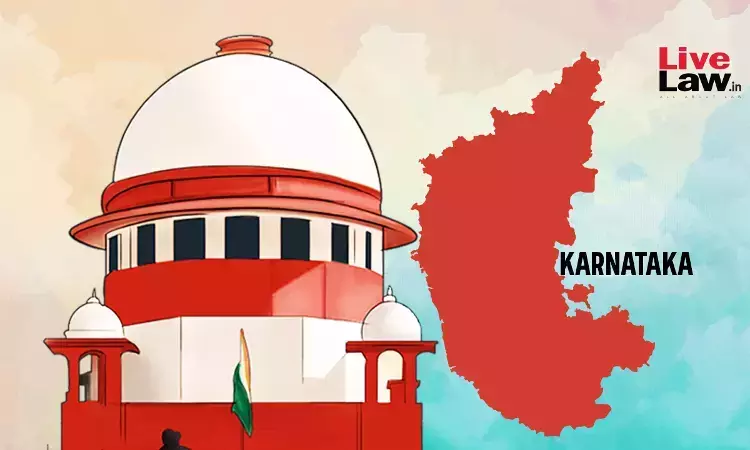 |
|
The Supreme Court of India has intervened in a controversy surrounding the conduct of half-yearly public examinations for students in Classes 8, 9, and 10 in the state of Karnataka. The court, in a demonstration of its concern for the well-being of students, has stayed the declaration of results for these exams, pending further clarification from the Karnataka government. This decision comes as a result of a petition filed by concerned parties, highlighting the alleged inconsistencies and potential harm caused by these exams.
The crux of the issue lies in the Karnataka government's decision to conduct these half-yearly public exams, despite a previous interim order by the Supreme Court putting a hold on similar exams for Classes 5, 8, and 9. While the government initially announced the withdrawal of the notification for these exams in seven districts, it has been revealed that the notification remains in place for 24 other districts. This discrepancy has led to accusations of the government acting in defiance of the court's directives and creating unnecessary pressure and confusion for students.
The Supreme Court, through Justice Bela, has expressed strong disapproval of the state government's actions, labeling them as 'harassment' of students. The court questioned the rationale behind conducting these exams, highlighting that they are not recognized as official board exams and serve no purpose other than potentially adding unnecessary stress and anxiety to the lives of young learners. The justices have also pointed out that the state, in its pursuit of academic standards, should focus on improving the quality of government schools rather than implementing potentially detrimental and unnecessary exams.
The controversy surrounding these half-yearly exams has raised broader concerns about the state's approach to education. The court's intervention serves as a reminder that the well-being and educational needs of students should be prioritized over bureaucratic procedures or political agendas. This case highlights the importance of ensuring transparency and consistency in educational policies, as well as the need for the government to actively engage in dialogue with stakeholders, including parents, teachers, and students, to ensure that educational decisions are made in the best interests of all concerned.
Source: Supreme Court Stays Results Declaration Of Half-Yearly Board Exams Of Classes 8-10 In Karnataka
